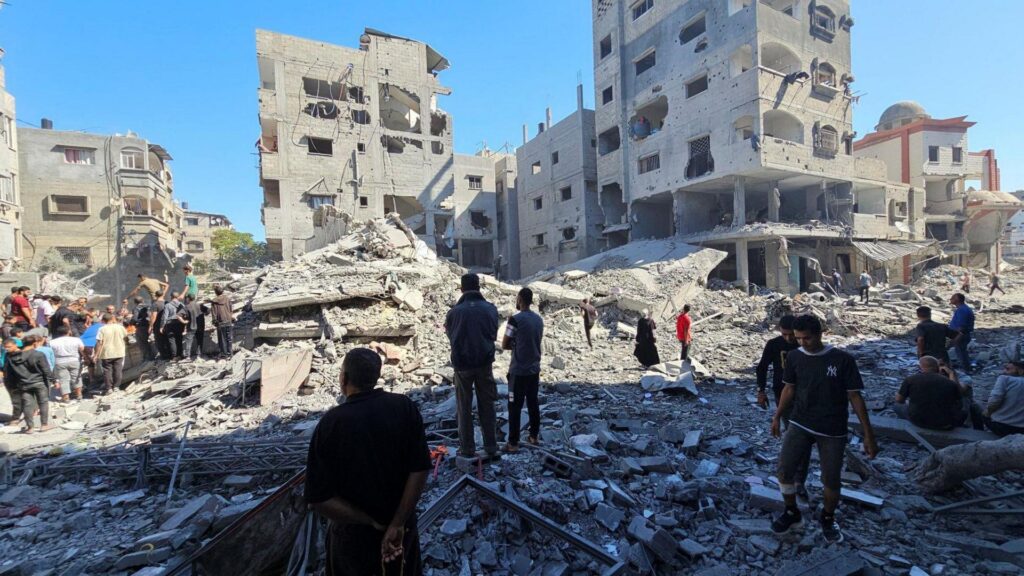
Introduction to Hamas
The political and military group known as Hamas plays a crucial role in the ongoing Israeli-Palestinian conflict. As a major faction in Palestinian politics and governance in the Gaza Strip, understanding its operations and impacts is essential for grasping the complexities of the region. Recent escalations in violence have reignited discussions on Hamas’s influence, strategies, and connections to global political dynamics.
Recent Developments
In October 2023, Hamas launched an unprecedented assault on Israel, resulting in significant casualties and prompting a strong military response. This attack has intensified longstanding hostilities, leading to a humanitarian crisis in Gaza as Israeli airstrikes targeted Hamas infrastructure. Reports indicate that over 1,200 people were killed in Israel, with thousands wounded. In retaliation, Israeli forces have killed thousands in Gaza, creating further upheaval.
International Response
The international community remains divided on its response to the escalation. Some countries have condemned Hamas’s assault as terrorism, while others argue that the actions are a response to decades of Israeli occupation and oppression. The United Nations has called for ceasefires and humanitarian aid, yet political differences hinder cohesive action. Countries like Iran continue to provide support to Hamas, complicating diplomatic efforts from Western nations.
The Humanitarian Crisis
The humanitarian implications of the conflict are dire. As of late October 2023, over 2 million people in Gaza are affected by the conflict, experiencing shortages of food, water, and medical supplies due to a blockade that has intensified as fighting continues. International aid organizations report growing concerns about the mental and physical health of civilians caught in the crossfire.
Conclusion
As the situation develops, the role of Hamas in both the immediate conflict and broader regional politics remains critical. Analysts suggest that without a thorough understanding of Hamas’s motivations and the socio-political landscape, lasting peace will be challenging to achieve. Future negotiations must consider the voices and needs of both Palestinian and Israeli populations to foster dialogue and potentially reach a more stable resolution. A concerted international effort will be essential to navigate the tensions and restore humanitarian stability in the region.



